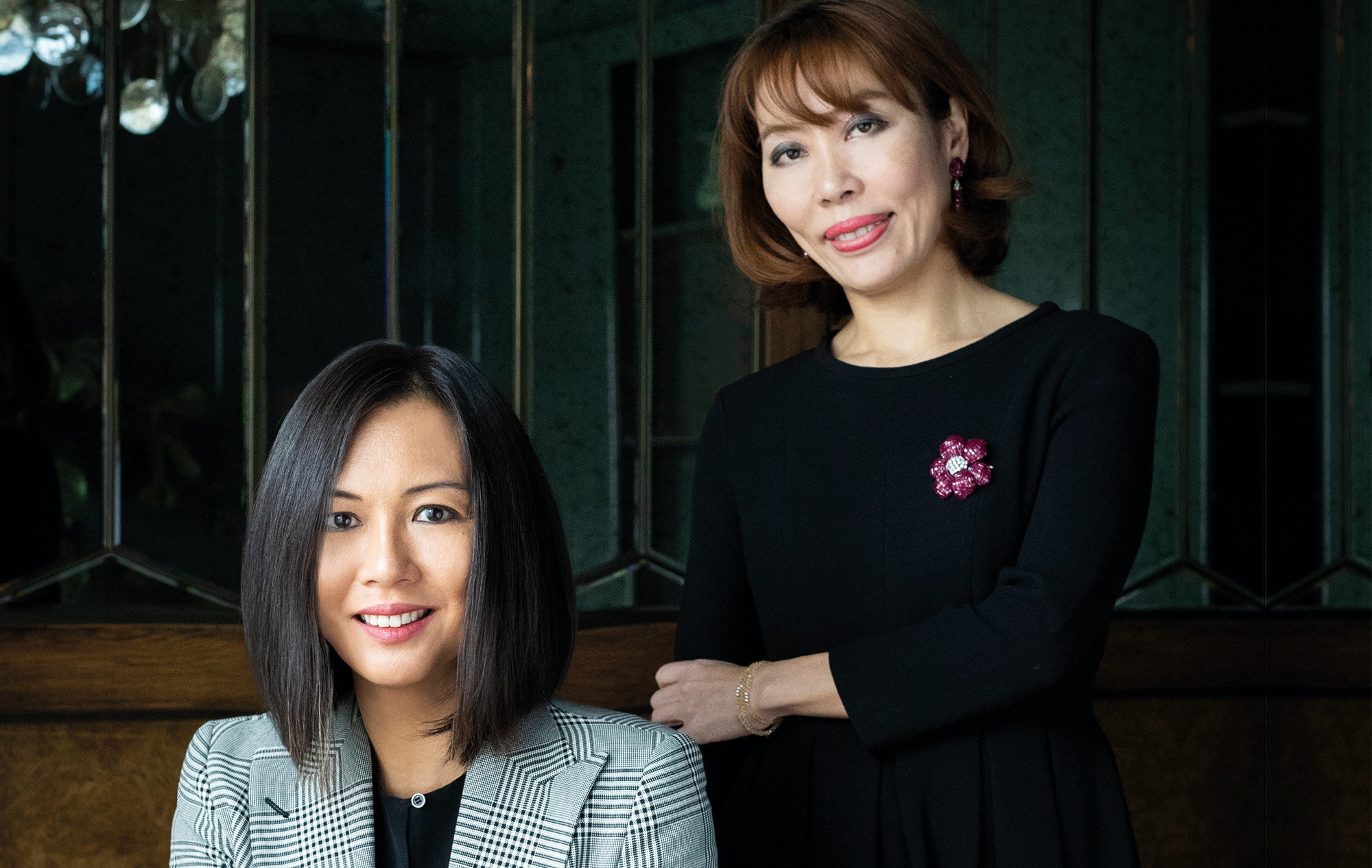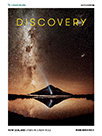Indonesia is Southeast Asia’s biggest economy, and Jakarta is its heart. This city of more than 10 million people is home to the majority of the country’s startup community. It is where founders can trial their wares before expanding, supported by the country’s largest concentration of co-working spaces, accelerators, investors and other startups.
‘The support system for startups is definitely there and has come a long way from the initial stages in 2012 to 2014,’ says Albert Lucius, chief executive of Kudo, an e-payment and e-commerce company now owned by the Grab group. ‘A few years ago, many fresh grads still preferred to work for large multinationals, but now startups have become the default cool destination.’
The government is on board. There is Indonesia’s Creative Economy Agency, which organises pitching competitions, seminars and access to mentors; as well as the Indonesian Ministry of ICT, which has its own incubation programme. ‘The government is keeping up and things are improving,’ says Andy Zain, director of the Jakarta Founder Institute and Kejora Ventures, ‘but there is a limited angel investor network, so founders need to bootstrap their way longer until institutionalised funds can take part.’
The Jakarta Founder Institute has helped create more than 50 startups in Indonesia and, according to Zain, receives more than 1,000 applications from candidates each year. There is also Endeavor Indonesia, an incubator hosting 17 companies, supported by more than 50 local mentors.
The growth potential is huge. Indonesia is now a mobile-first nation, according to a recent McKinsey report, with approximately 75 percent of online purchases made via mobile devices. The number of internet users in the country is also set to boom, with 50 million new individuals gaining online access from 2015 to 2020. It’s this growing population that Jakarta’s innovators are setting their sights on.

The People:
Nadiem Makarim
Nadiem Makarim is founder of Indonesia’s first ‘unicorn’ – or private company valued at over US$1 billion. In 2010, the Harvard graduate opened a call centre and employed 20 drivers. His venture, Go-Jek, a ride-hailing and delivery company, now has more than one million employees and is set for more growth with expansion into Thailand and Vietnam. Rumours of a service in Singapore are also circulating, which would bring Makarim into direct competition with Grab, started by a former Harvard classmate. With investors including Google and Tencent, Go-Jek, reports CNBC, could now be worth close to US$5 billion.
Makarim set out initially to improve his country’s motorcycle taxi industry, tackling pricing variations and issues with reliability. However, he quickly realised that his team of Go-Jekers could do so much more than carry people. Now, the company offers everything from food delivery to e-payments.
‘It has impacted millions of Indonesians, not only from the consumer side, but everyone from entrepreneurs and F&B business owners to the drivers to self-employed individuals,’ says Hanifa Ambadar, founder of Jakarta-based beauty blog and YouTube channel Female Daily. ‘As a mum and entrepreneur, this one app helps me navigate my days in the busy city. I can order takeaway; order groceries; pick up or send documents; buy online and receive the items within an hour; ride anywhere from everywhere; send money; buy tickets or even get a massage therapist or hairstylist.’ As Makarim states, Go-Jek solves customers’ problems.
His focus now is his digital payment service, Go-Pay. Taking advantage of the mobile uptake in Indonesia, Go-Jek could prove instrumental in a move towards a cashless society, all the while ensuring that people in Jakarta and beyond can get the services they want, when they want them.

The Product: Tokopedia
Online marketplace Tokopedia boasts a staggering four million merchants.
Launched in 2009, the venture is now one of Indonesia’s four ‘unicorns’ and has enabled millions of small business owners across the country to sell their goods, even from their own home. Indeed, 89 percent of sellers on Tokopedia do not own a physical store and 70 percent of merchants are first-time entrepreneurs.
It was co-founded by William Tanuwijaya and Leontinus Alpha Edison, who faced a battle to get funding at a time when the startup scene in Jakarta was nascent. Now, however, the company is often referred to as Indonesia’s Alibaba. In fact, the Chinese e-commerce behemoth has invested US$1.1 billion in Tokopedia, with Softbank and Sequoia Capital also among the company’s investors.
Tanuwijaya was recognised in 2016 as a Young Global Leader by the World Economic Forum. He proclaims on the organisation’s website that Tokopedia ‘is the most beautiful business model in the world, because its success relies on helping others to succeed as well’. The website now has a digital goods section where consumers can buy tickets to events, pay bills and buy travel tickets. However, the focus remains on individual sellers. And the company’s mission has not wavered. As Tanuwijaya has said, Tokopedia is setting out to ‘democratise commerce through technology’.
What to watch
HaloDoc
Established in April 2016, HaloDoc merged two ventures – one that delivered pharmaceuticals in 30 cities across Indonesia and a second that offered tele-consultations with medical professionals.
PasarPolis
PasarPolis made headlines in August when three Indonesian ‘unicorns’ invested in it. It started out as an insurance comparison site but now offers insurance packages online, including life insurance for Go-Jek drivers and healthcare plans for merchants selling on Tokopedia.
Bildeco
This online marketplace for construction equipment and materials lets builders conveniently shop for goods including roofing, paint, pipes and even furniture all in one place and at competitive prices.
Cathay Pacific flies to Jakarta from Hong Kong 24 times a week














